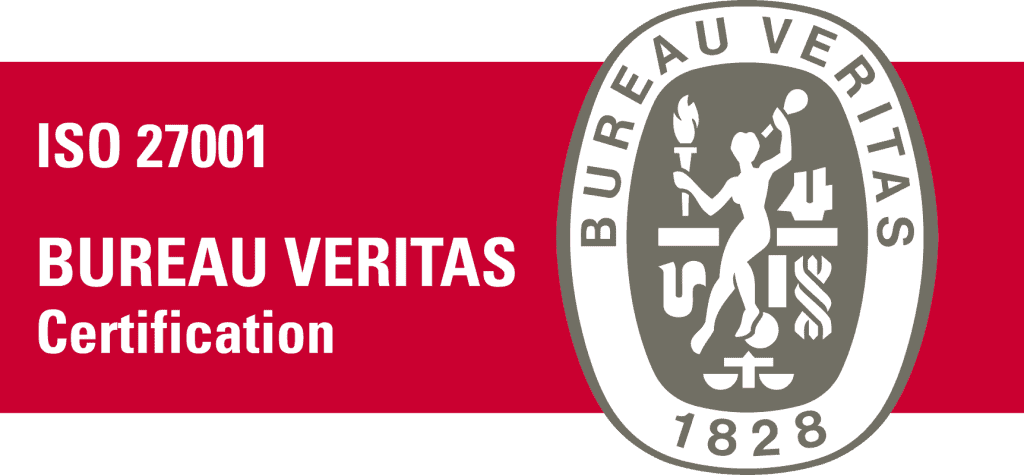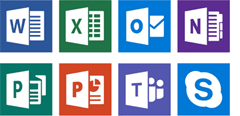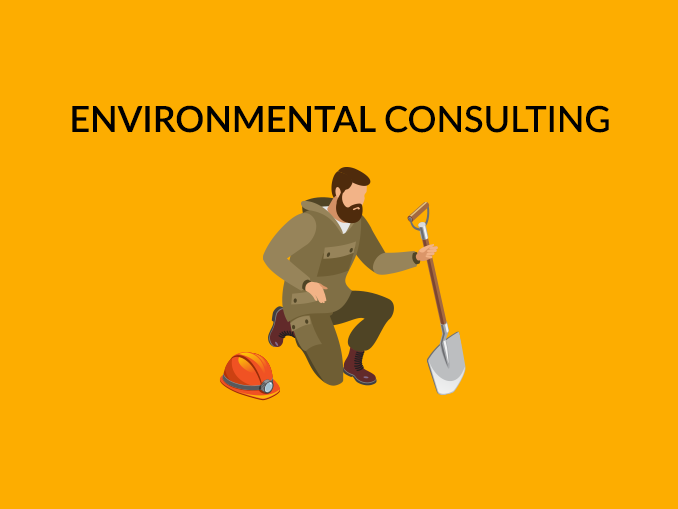
It doesn't matter if you're looking for a job or are planning to start your own company, knowing when the best time is to search for a job will make a big difference in your chances to land that job.
It all depends on what your needs are, where you work and how the economy is doing. You might find a job anytime, but if the goal is to reach the top of your industry's ranks, it may be better to look for work during peak hiring season.
January and February are the best months to look for a job
According to Indeed, there is a 94% increase in the number of job postings in January compared with December's 7.2 %. Because the new year signals a promise, people find it motivating to look for new opportunities.

Jan is a great time for job hunting because many companies will have final budget approvals for January hiring. Also, they'll be able resume advertising jobs. Additionally, many companies will pay their annual bonuses in December, which means they will have a backlog of open positions that need to be filled.
The increased job market in spring and summer is a great time to start looking for a job. This is because companies will be launching new products and need employees to help them achieve their goals.
June, July and August are not as good of a time to look for a job because these are months when many key staff will be taking vacations. The interview process can be slowed down, but you still have the possibility of finding a job during this time, especially if there is a strong network.
While September and October may be slower than other months, they're still excellent times to find a job. Interviews are easier when hiring managers have returned from summer vacations. This allows for less back-and forth with outside personnel. This results in fewer delays and faster hiring.

It is important to take into account your age and any experience before you begin a business. Once you have experience and connections, it is the best time to start your own business.
Fall is a great month to start a new business due to increased worker demand. This could be due either to the increased demand or because more employees are needed to support growth.
The fall season is a great time to start your own business, whether you are a recent graduate of college or just graduated. It's also an excellent time to get your business in the spotlight and attract investors.
FAQ
What can I expect from my consultant?
After you have selected your consultant, expect to hear from them within a few business days. They will typically ask for information about the company, such as its mission, goals. products and services. budget. Then, they'll send over a proposal outlining the scope of work, estimated time frame, fees, deliverables, milestones, etc.
If everything goes as planned, then both parties will agree to a written contractual agreement. The type of relationship between the parties (e.g., employee-employer, independent contractor-employer) will affect the terms of any contract.
If everything goes as planned, the consultant may begin to work immediately. You will have access both to your documents and internal resources and the consultant's skills and knowledge.
Don't assume that someone who is a consultant knows everything. It takes practice and hard work to become an expert in the field you are consulting. You shouldn't expect your consultant will know everything you need to know about your business.
How much does it cost to hire a consultant?
It is not easy to determine how much it will cost to hire a consultant. These factors include:
-
Project size
-
Time frame
-
Scope of work
-
Fees
-
Deliverables
-
Other factors such as location and experience are also important.
Can I get a degree as a consultant?
Learning a lot about a subject and then applying it to your life is the best way to be an expert.
Start studying today if you want the skills to be a great manager!
Employers may be reluctant to hire people with a degree, but not the relevant experience. But, if your qualifications are comparable to those who have been hired, you might still be eligible to apply.
Employers are always looking for people with real-world knowledge.
What type of contracts are available to consultants?
When consultants are hired, they sign standard employment agreements. These agreements define the terms of the agreement, including how long the consultant is expected to work for the client as well as what he/she should be paid.
Contracts will also outline the areas of expertise and compensation for the consultant. The agreement might state that the consultant will conduct training sessions, workshops or webinars.
Sometimes the consultant will simply agree to complete a task within a certain timeframe.
Consultants often sign independent contractor contracts in addition to their standard employment agreements. These agreements allow the consultant freedom to work without being paid.
Statistics
- Over 62% of consultants were dissatisfied with their former jobs before starting their consulting business. (consultingsuccess.com)
- According to IBISWorld, revenues in the consulting industry will exceed $261 billion in 2020. (nerdwallet.com)
- My 10 years of experience and 6-step program have helped over 20 clients boost their sales by an average of 33% in 6 months. (consultingsuccess.com)
- On average, your program increases the sales team's performance by 33%. (consultingsuccess.com)
- Over 50% of consultants get their first consulting client through a referral from their network. (consultingsuccess.com)
External Links
How To
What does a typical day look like for a consultant?
The type of work that you are doing will affect the typical day. But, in general, you will spend your time researching, planning and meeting new clients.
You will have many meetings where clients and you can discuss their issues. These meetings can take place over the phone, via email, online, or face to face.
You may also be asked to prepare proposals, which are documents outlining your ideas and plans for clients. Before presenting these proposals to clients, you will usually need to discuss them with a colleague or mentor.
After all the preparation, you'll need to start creating content. You could write articles, design websites, edit photos or conduct interviews.
Depending on the scope of the project, you may need to do some research in order to gather relevant statistics or figures. You might need to determine how many customers you have, and whether they buy more than one product.
Once you have enough information, it is time to present your findings and conclusions to clients. You can either present your findings in writing or orally.
Finally, you must follow up with clients after the initial consultation. You could phone them occasionally to check on things or send an email asking them to confirm that you have received their proposal.
This process takes time, but it's important to ensure that you stay focused and maintain good relationships with clients.